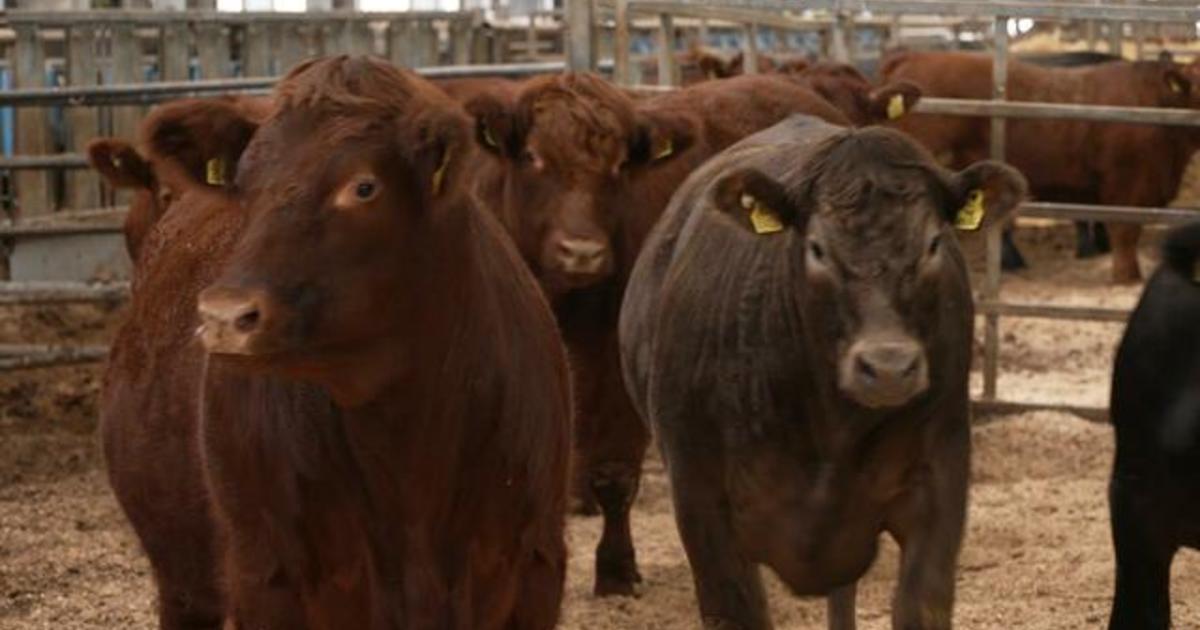Feeding Rumensin cuts down on methane emitted by cattle.
"Feed additives such as Rumensin or Bovatec will also improve fiber digestion and reduce methane, these additives are called ionophores. These don't require special veterinary approval provided they are incorporated in the diet alone and not in combination with a drug that might require approval.
Contact your feed company or veterinarian if you have questions.
These products are approved for use in cows and for some uses in sheep and goats. They will alter patterns of fermentation in the rumen and improve feed efficiency, they may also reduce methane production. They have been in use in ruminant diets since the 1970s.
There are several novel approaches to reducing methane.
The results of a research study showed that the methane inhibitor, 3-nitrooxypropanol or 3-NOP when added to the diet of dairy cows reduced methane emissions by up to 30 percent.
This research, conducted by Alexander Hristov, Ph.D. and colleagues at Pennsylvania State University, also showed that this methane inhibitor did not reduce productivity in high producing dairy cows but led to weight gain in treated cows."
Rumensin is a brand name, owned by Elanco. The product is monensin.

 www.cbsnews.com
www.cbsnews.com

